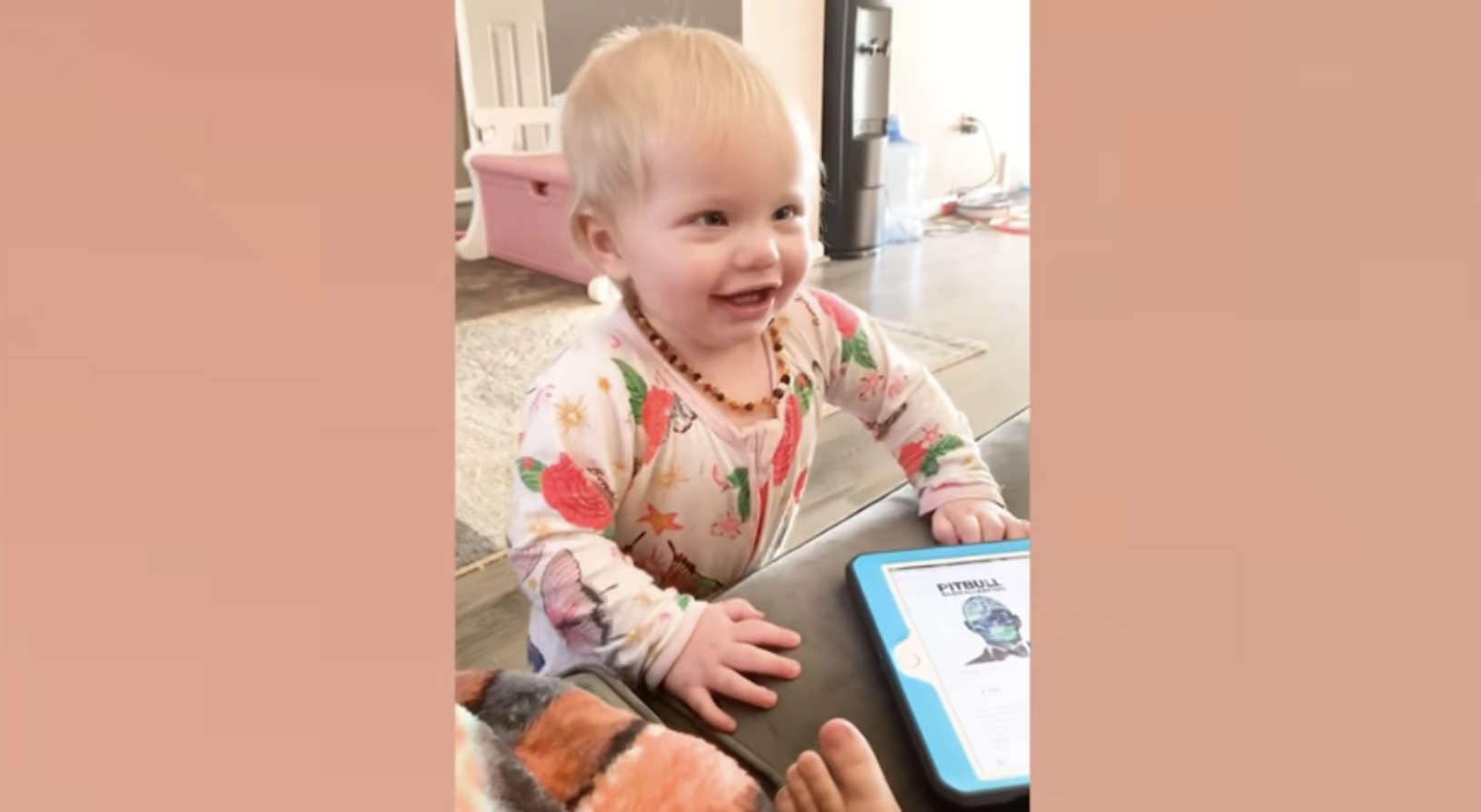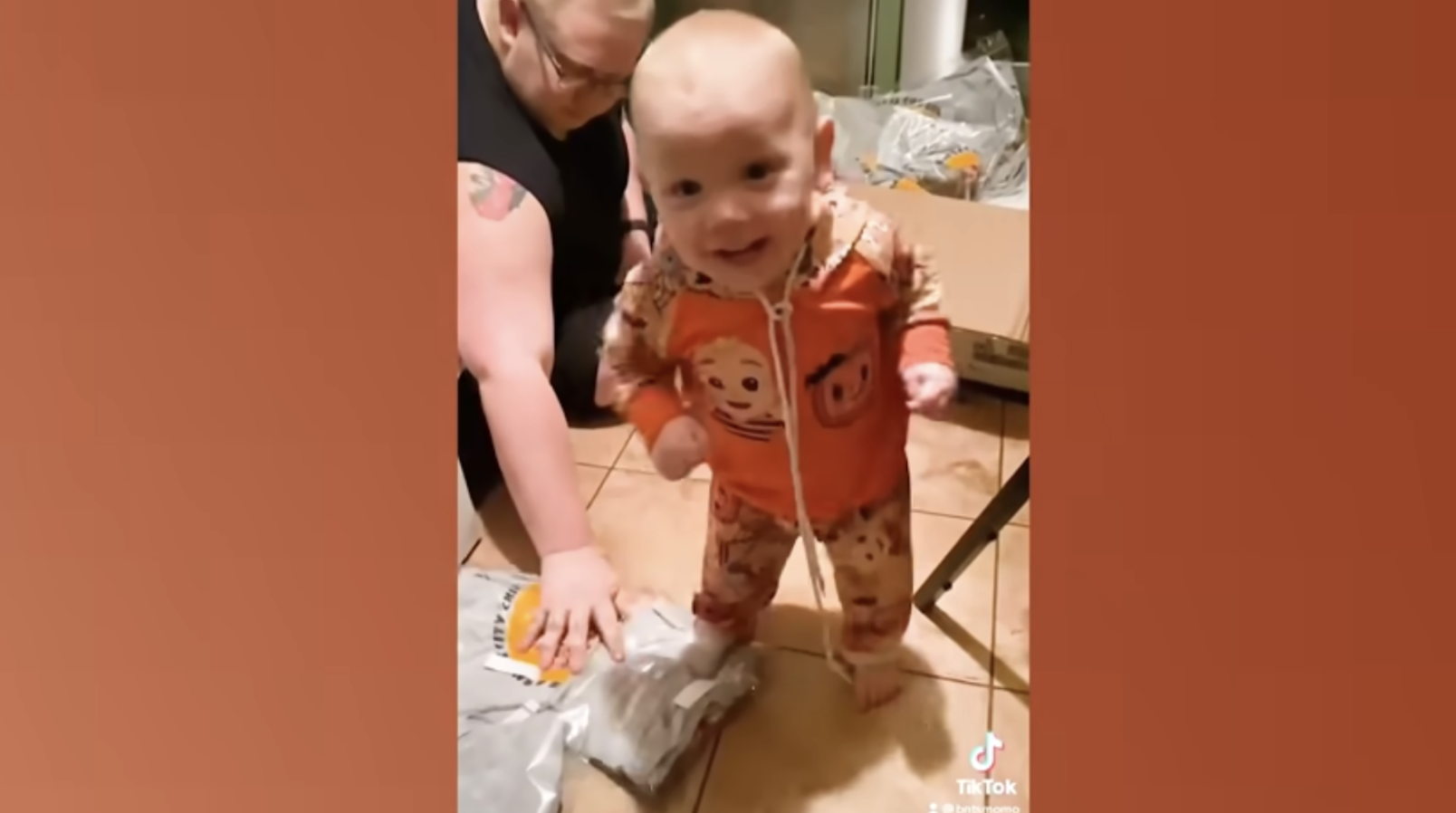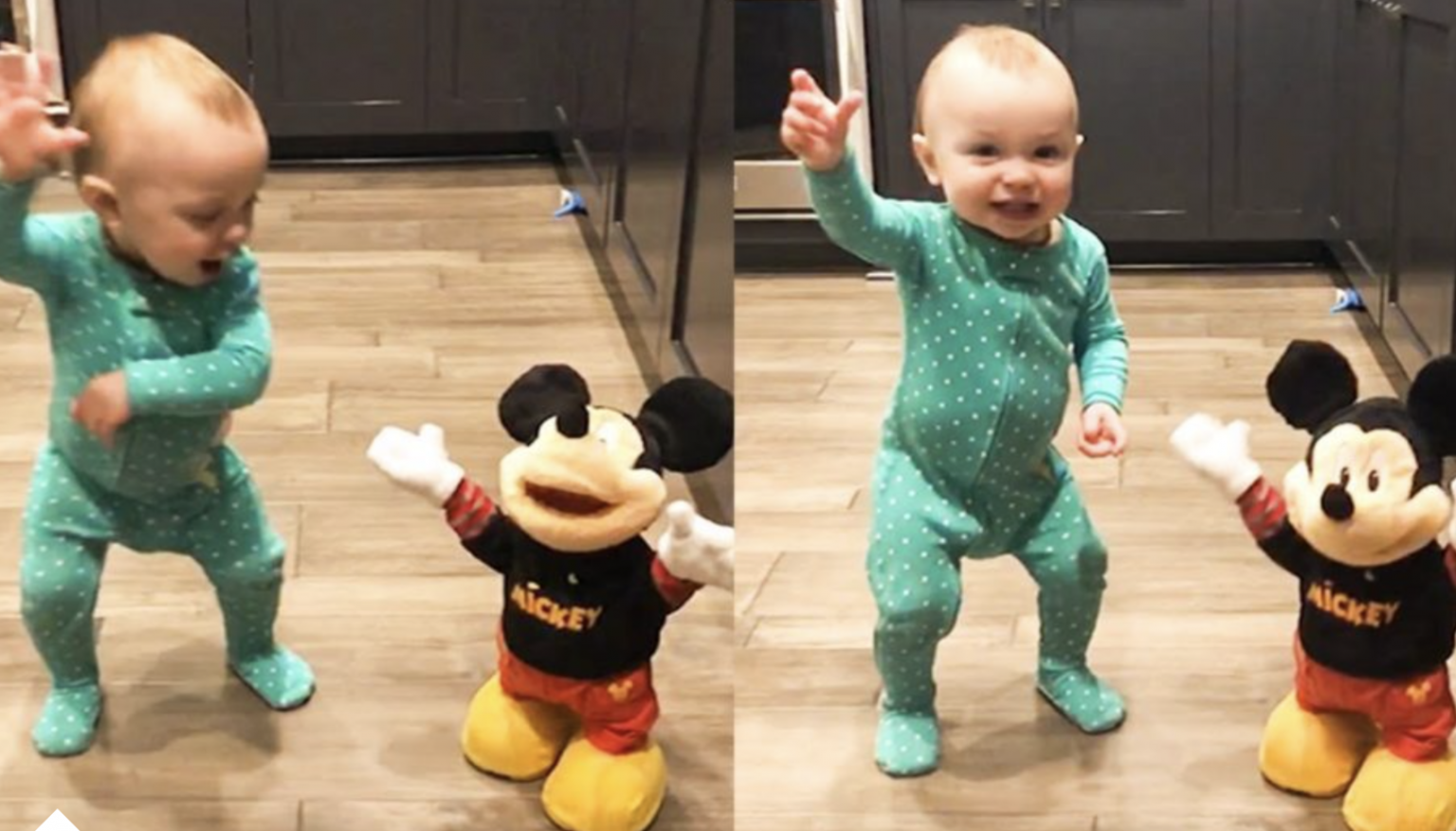“According to one study, 6-month-olds ‘danced’ to baby talk, also known as baby talk. Infants prefer this type of speech at this age due to exaggerated pitch changes and sound lengthening. This does not necessarily imply that they consider baby talk to be music, but it has a musical quality, so it stands to reason that they would dance to it. “Older babies dance to music more than to speech,” Neuhaus says.

So it appears that babies “boop” and move to music for biological reasons. However, Ganjian claims that parents also influence their children to dance to music. “A real dance is usually taught by parents who move their bodies, heads, and arms when the music starts.” Children frequently observe their parents clapping and attempt to clap or move to the music.”

Posner says that playing music for your child can help with language development and can potentially be soothing, in addition to being very sweet to see your child dancing to music.
<iframe width=”696″ height=”392″ src=”https://www.youtube.com/embed/lidYDN2YgKY” title=”Top Cute Babies Dancing Compilations || 5-Minute Fails” frameborder=”0″ allow=”accelerometer; autoplay; clipboard-write; encrypted-media; gyroscope; picture-in-picture; web-share” allowfullscreen></iframe>
And the calming factor is determined by what you play for them. While Ganjian believes that softer music is better for babies than rough music, and that music without words or with slow words is preferable, Artzt believes that any music can be beneficial.
